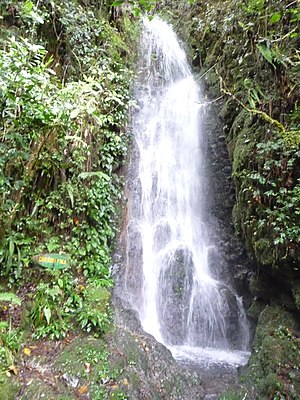 |
| English: Waterfalls are example for natural resources (Photo credit: Wikipedia) |
By definition, preservation ethics are “an ethic holding that we should protect the natural environment in a pristine, unaltered state” (p. 15). In comparison, the definition of conservation ethic “holds that people are and should put natural resources to use but that we have a responsibility to manage them wisely” (p. 16). Essentially, the major difference between preservation ethics and conservation ethics is whether or not natural resources are utilized in taking care of the earth. Preservation ethics state that we are not to use any resources on the planet and to preserve it as is, without any changes. Conservation ethics state that we can utilize the resources available to us, but we are to use them prudently in order to conserve what we have and to take care of the planet on which we live.
To be quite honest, I find it difficult to live in a habitat without utilizing the surroundings. I find myself to identify more with conservation ethics because I do believe that we should be wise in our decisions to utilize the resources around us. However I also believe that we should be able to use them to gain benefit as a society. To completely preserve the environment “as is” in which we live would be very difficult because every footprint, every step we make will change our environment. I think it is impossible to preserve all of earth while we are living on it. Each time we breathe, walk, or work we are changing our environment. It is simply impossible to preserve ALL of earth.
 |
| English: Bachalpsee in the morning, Bernese Alps (Photo credit: Wikipedia) |
Survival equipment
Reference:
Publishing: San Francisco, 2009.
Check out http://pinterest.com/SecWhDirectory/



